【新唐人2011年10月15日訊】中共不斷擴張網絡作戰的舉措,再次引發國際爭議。美國議員斥責中國的網絡間諜戰是「厚顏無恥的盜竊」,到了「忍無可忍」地步,這是歐美政界近期對中國網絡部隊,發出最嚴厲的一次批評。
中共軍方大量利用科技公司和學術界的力量,組織數千支網絡民兵組織,不斷加強網絡作戰力量。英國《金融時報》有關網絡之戰的最後一集:「新的軍事競賽」,談及中國黑客愈來愈多,也愈來愈專業化。
文章以中國「南昊科技公司」(Nanhao Group)為例,這個看似普通的科技公司,實際它在河北衡水市的5百名職工還有第二份工作,自2006年起,它成為中國人民解放軍組建的一支網絡民兵部隊。
南昊集團副總經理白國良對《金融時報》表示,集團所有30歲以下的員工都是網絡民兵,他們定期進行軍事交流,並幫助培訓解放軍軍官。當記者問及南昊集團是否從事網絡攻擊時,白國良回答説:「這不關你的事。」
過去一年裡,世界各國政府、知名企業,甚至是軍火商,都遭到複雜的網絡攻擊手段,而這些黑客的源頭,絕大部分查證來自中國。
上個星期,美國眾議院情報委員會主席羅傑斯(Mike Rogers)公開批評中共的網絡攻擊,成為當天美國多家媒體的頭條。
羅傑斯:「中國以網絡竊取美國技術,已到了忍無可忍的地步,我呼籲美國和歐洲、亞洲的盟友一起,迫使北京停止這類活動。」
前一陣子,網絡搜索引擎巨頭Google和其他網絡公司受到黑客攻擊的事件,據美國調查人員指控,是由山東的藍翔職業學校及上海交通大學發動的。
美國全球安全網站(globalsecurity.org)網絡作戰研究員史密斯(George Smith)對美國之音指出,中國軍方招募網絡民兵,一是利用這些機構的科研優勢協助發動網絡攻擊,二是利用企業招牌為軍方提供掩護,是典型的網絡代理攻擊模式。
北京方面,則是再次否認支持黑客的攻擊行動。不過,根據《人民解放軍軍事科學院雜誌》的一篇文章說,網絡部隊的任務包括「竊取、改變和消除敵對網站的資料」,目的是搞亂、終止和癱瘓敵對網站。
民間團體「權利運動」發起人胡軍認為,中共發動網絡戰同樣是想鞏固政權。
民間團體「權利運動」發起人胡軍:「就是本身它也害怕見人,它總是躲在陰暗的角落,採取卑劣的手段,對人類文明進步攻擊。」
美國和澳大利亞上個月15號罕見的宣佈一項行動,聲明把「網絡領域」列為防禦條約之一,無論哪一國受到網絡攻擊,兩國會共同採取行動。更早之前,美國國防部還提出了不排除以軍事力量,回擊外來的網絡攻擊,顯示出互聯網戰爭,已到了白熱化的地步。
新唐人記者朱智善、唐宇、孫寧採訪報導。
U.S. Accuses China of Cyber War “Intolerable”
The Chinese Communist Party (CCP) continues to expand
The “Internet War” which has once again
sparked international controversy.
U.S. senators have accused the CCP of blatant theft which has
reached an “Intolerable Level”.
This is the most severe criticism ever by
European and U.S. governments
CCP 's extensive military use of technology sectors and
academic influences has set up thousands of cyber militia units.
Financial Times (FT) published series Cyber Warfare:
“The New Arms Race”.
reported that hacking in China is growing,
it is getting more professional and more organised.
FT reported that Nanhao Group in China is
an ordinary technology company,
however, its 500 employees in Hengshui city, Hebei Province,
have a second job. Since 2005 Nanhao has been home to
a cyber militia unit Organised by the People's Liberation Army.
Bai Guoliang, Nanhao Vice-president said to FT that
all staff under the ago of 30 belong to the unit which
has “regular exchanges”, training PLA officers.
FT journalist asked if the group would carry out cyber attacks,
Bai Guoliang said: “That has nothing to do with you.”
Last year, governments, companies and defense contractors
such as Lockheed Martin have faced sophisticated cyber attacks
said to have originated in China.
Last week, the chairman of the House intelligence committee,
Mike Rogers accused China of “intolerable” “cyber attacks”.
Many media in the U.S. reported this as a headline.
Republican Representative, Mike Rogers said:
"China's economic espionage has reached an intolerable level
and I believe that the United States and our allies in Europe
and Asia have an obligation to confront Beijing and demand
that a stop is put to this piracy."
After the Internet search giant Google and other internet firms
were attacked and said the source was traced to
Lanxiang Senior Technical School in Shandong Province and
Shanghai Jiao Tong University.
George Smith, senior fellow at Globalsecurity.org told VOA
that China's creation of cyber militia unit has two purposes:
one is the use of the institutions' research to help cyber attacks,
second is the use of business' signs to cover up the attacks.
It is a typical network proxy attack mode.
Beijing once again insists the state doesn't sponsor hacking.
However, according to an article reported in the magazine of
“the PLA Academy of Military Sciences ”,
the cyber militia's tasks include “stealing, changing and
erasing data” on enemy networks and their intrusion with
the goal of “deception, jamming, disruption, throttling and paralysis”.
Hu Jun, an activist in China believes that the purpose of the
CCP's “Internet War” is to consolidate its power.
Hu Jun: “The CCP fears public exposure, the
CCP is always hiding despicable
attacks on human civilization in the dark..
On September 15, U.S. and Australia issued a joint statement
to add cyber warfare to their country's joint defence treaty,
to counter cyber threats. The two countries will work together
to take action, regardless of which country is being attacked.
U.S. defence said that defending against cyber attacks is
the battlefield of the future.
NTD reporters Zhu Zhishan, Tang Yu and Sun Ning
看下一集
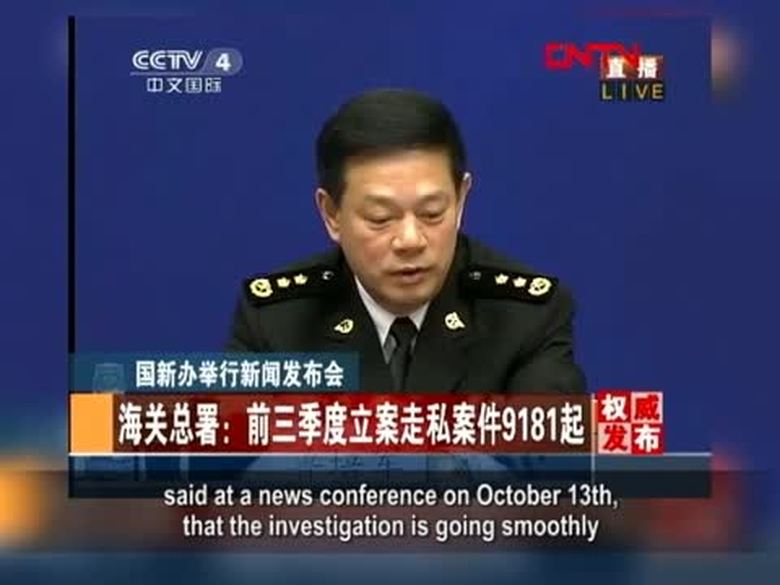
【禁聞】賴昌星或免死 中共高層權鬥妥協?

【禁聞】限購令朝令夕改 中央與地方博弈

【禁聞】貴州小學吃爛菜 黑心食堂引民憤
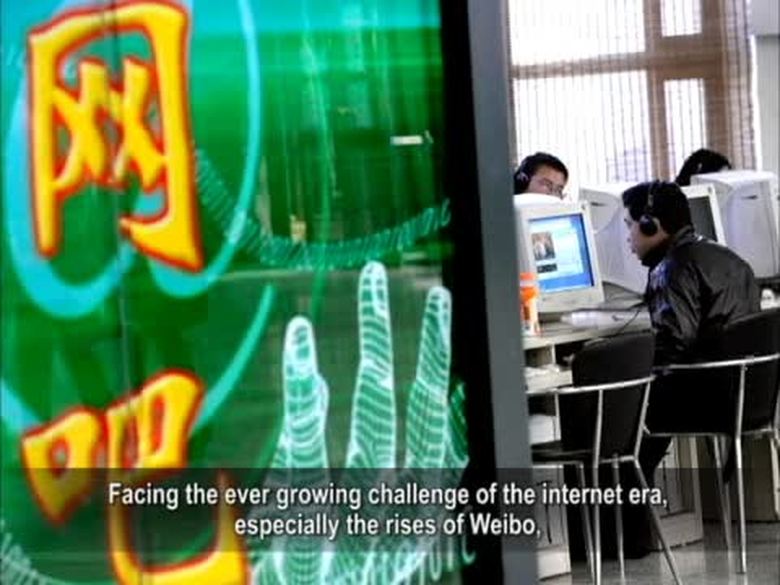
【禁聞】六中全會論「文化」 中共透管制信息

【禁聞】習近平訪美或添變 十八大繼位難料
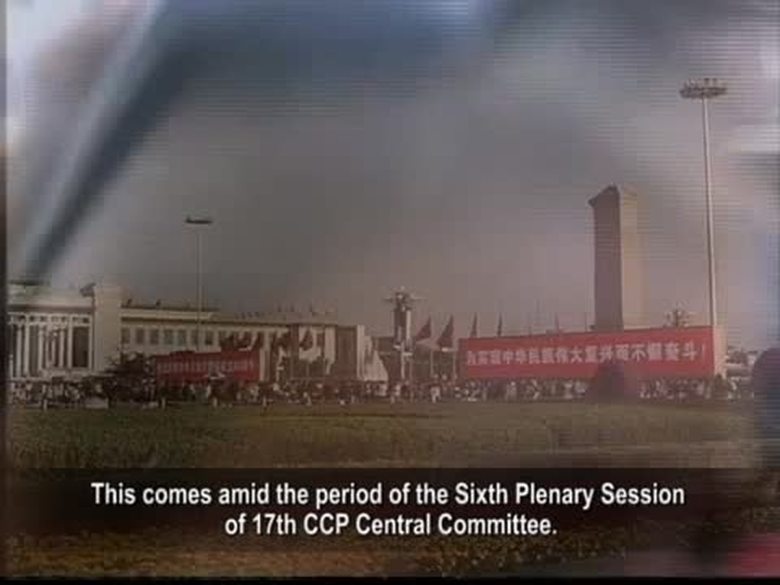
【禁聞】「佔領華爾街」全球瘋 大陸低調進行

【禁聞】六中全會場內秀文化 場外抓訪民

【禁聞】權鬥在即 六中全會牽動十八大人事

【禁聞】老黨員呼籲撤換毛澤東像
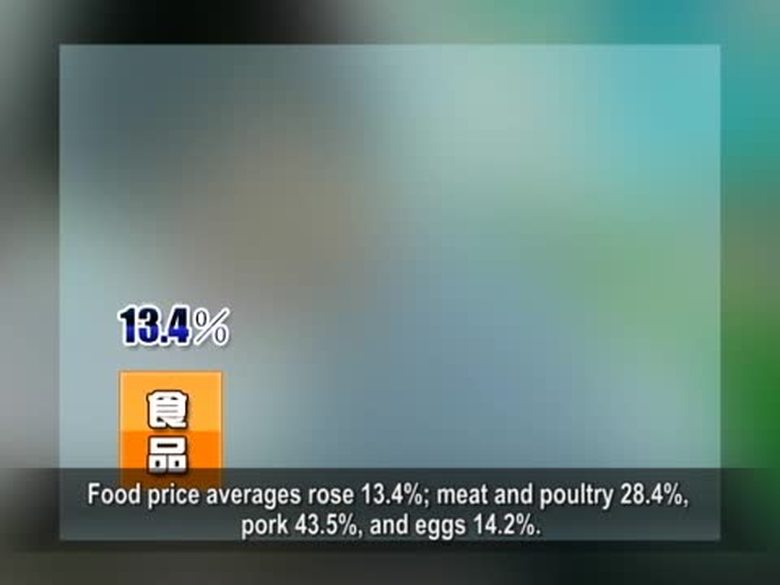
【禁聞】物價飛漲 大陸民眾叫苦:錢不夠用

【禁聞】學者評斥六中全會 籲復興傳統文化

【禁聞】中國公路收費高 為何仍虧損連連?

【禁聞論壇】中國高鐵停不了?
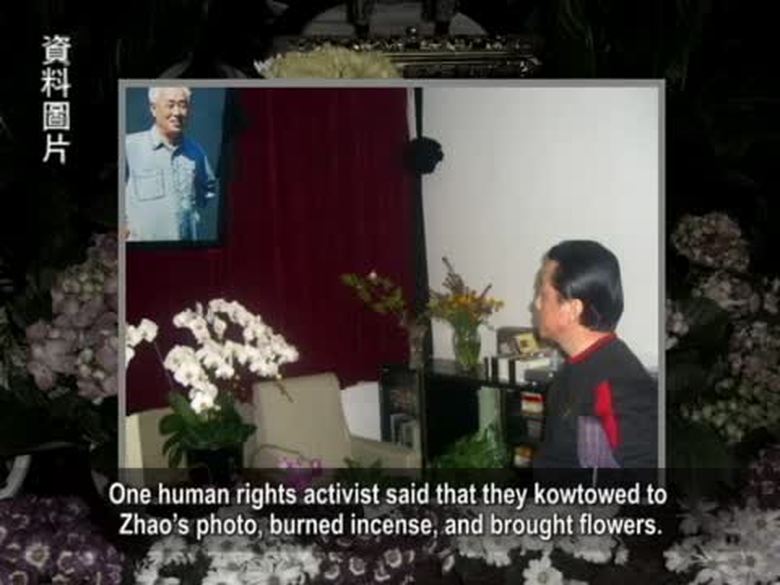
【禁聞】防聚焦趙紫陽冥誕 當局戒備
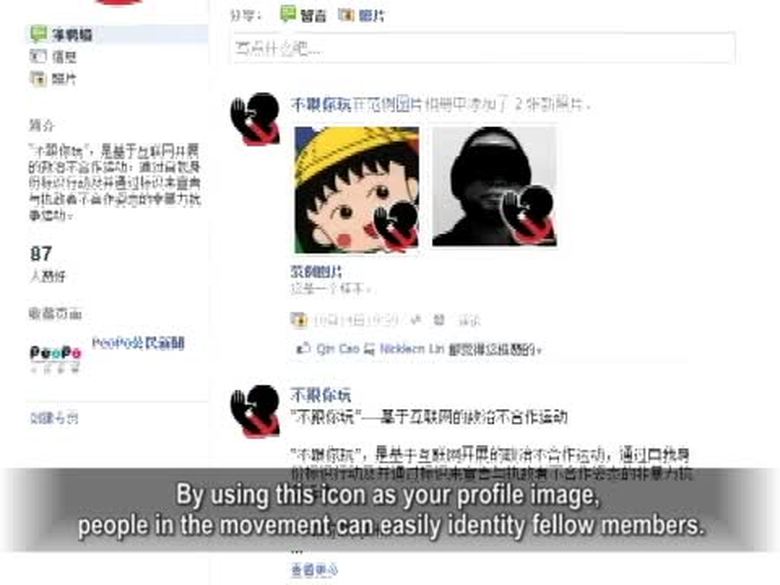
【禁聞】中國網民發起“不跟你玩”運動
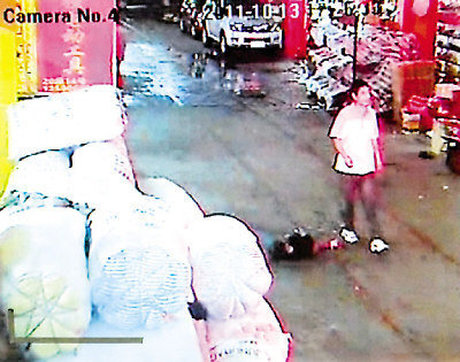
【禁聞】中國道德驚人下滑 見義勇為臨絕跡








